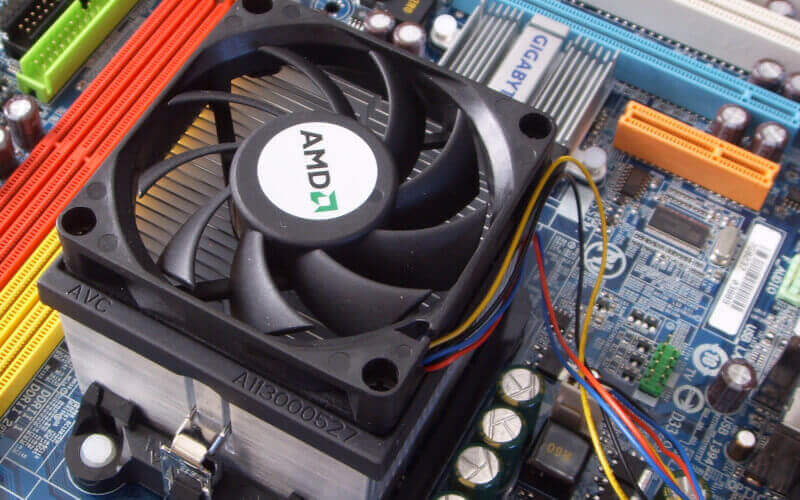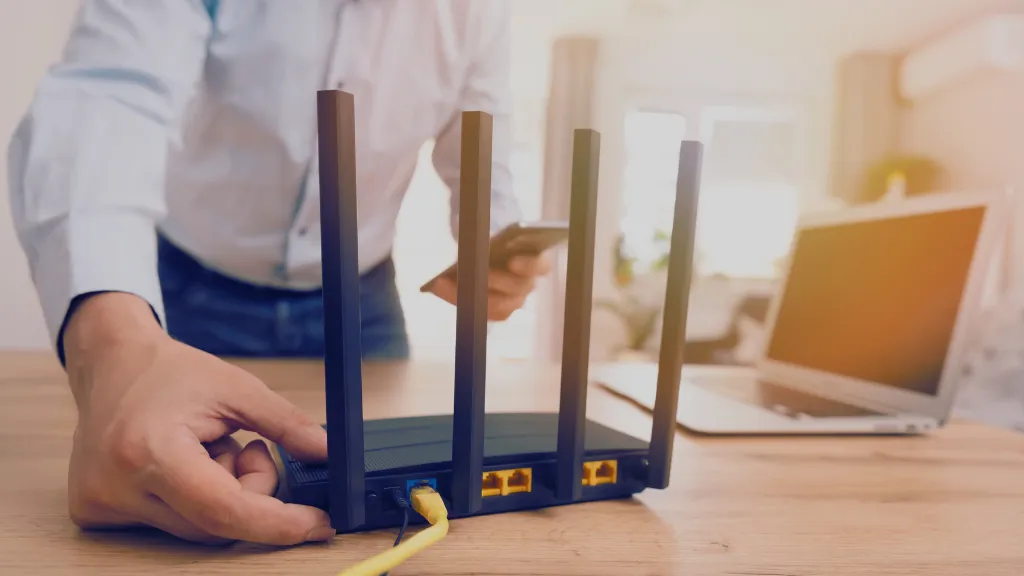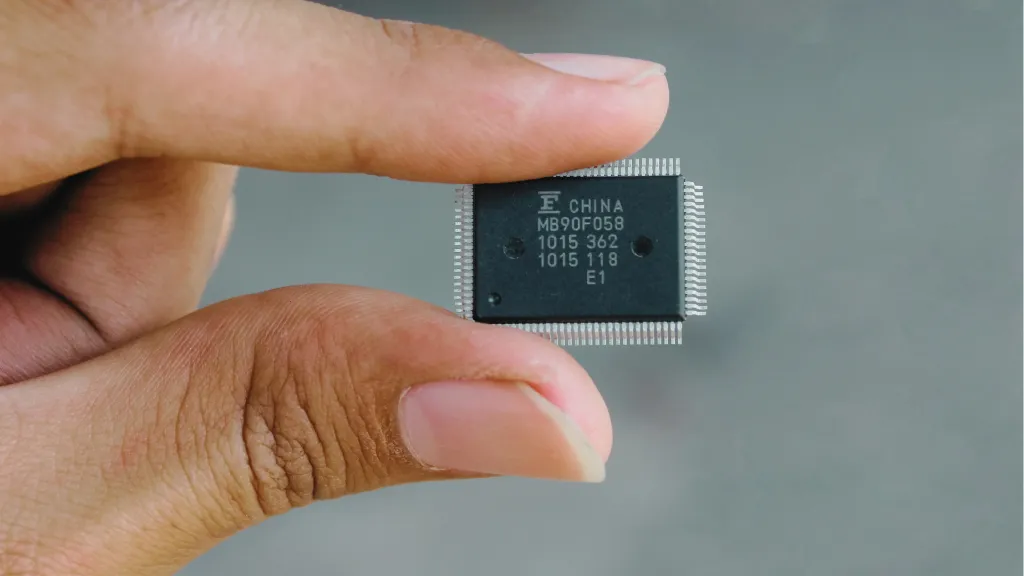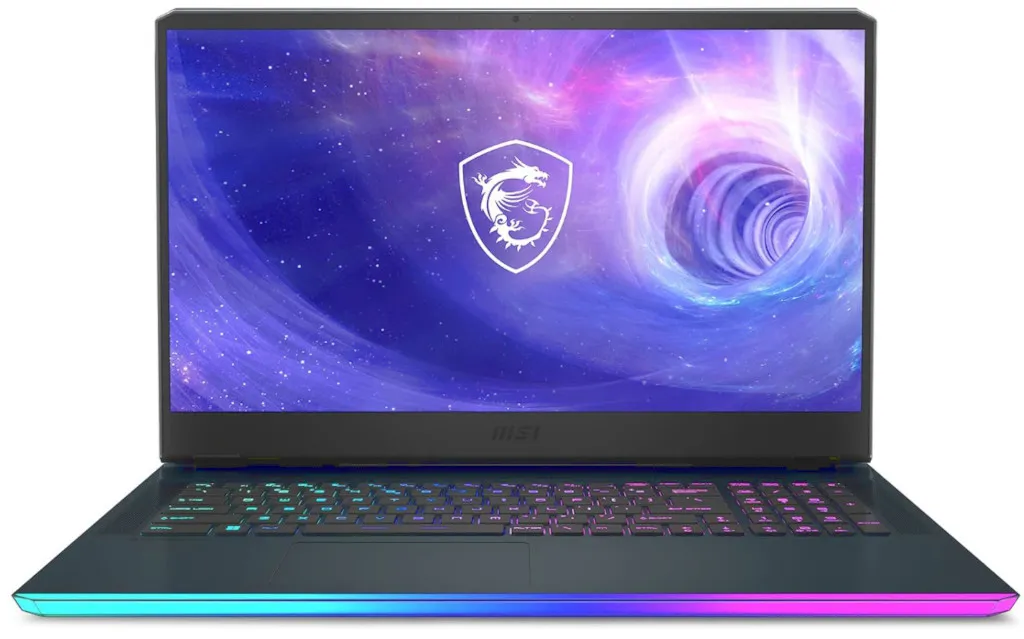If you’re like me, you’re always looking for the best graphics card to enhance your gaming or video editing experience. But have you ever stopped considering the importance of a good cooling system with that graphics card? That’s what we’re here to talk about today.
Specifically, we’ll address the question: is a CPU cooler necessary?
Whether you’re a hardcore gamer or just someone who uses their computer for everyday tasks, understanding the importance of a CPU cooler can make a big difference in the performance and longevity of your system.
So let’s dive in and find out more.
The Function of a CPU Cooler
So, what exactly does a CPU cooler do? Well, as I mentioned earlier, the processor in your computer generates a lot of heat as it performs its calculations. If that heat isn’t dissipated properly, it can cause serious damage to your computer’s components.
That’s where the CPU cooler comes in – it’s a device that helps dissipate that heat, keeping your processor running smoothly and preventing damage.
Most CPU coolers consist of a heatsink and a fan. The heatsink is a metal block with many fins and sits directly on your processor. The fan blows air across the fins, which helps to dissipate the heat from the heatsink.
Some CPU coolers are liquid-cooled, using a liquid coolant instead of a heatsink and fan. Either way, the goal is to keep your processor cool and prevent damage.
You might be thinking, “well, can’t I just rely on the fans in my computer case to cool my processor?” While case fans can help with airflow and cooling, they don’t provide the same targeted cooling level as a CPU cooler.
The CPU cooler is designed to cool your processor and does much more effectively than relying on case fans alone.
The function of a CPU cooler is to dissipate the heat generated by your processor, preventing damage and keeping your computer running smoothly.
Factors to Consider When Choosing a CPU Cooler
When it comes to choosing a CPU cooler, there are a few factors you’ll want to consider. First and foremost is compatibility – you’ll want to ensure that the CPU cooler you choose is compatible with your processor socket. This might sound like a no-brainer, but it’s an important consideration to keep in mind.
Another factor to consider is performance. Different CPU coolers will offer different levels of cooling performance, so you’ll want to think about how much cooling your processor needs. If you’re building a high-end gaming PC with a powerful processor, you’ll likely need a CPU cooler with more cooling power than if you’re building a basic office computer.
Noise level is another important consideration. Some CPU coolers can be quite loud, which can be annoying if you try to work or play games in a quiet environment. Review reviews and check the noise level of any CPU cooler you’re considering before purchasing.
Finally, the cost is always a consideration. You can find CPU coolers at a wide range of price points, so it’s essential to consider how much you’re willing to spend. That being said, don’t automatically go for the cheapest option – investing in a higher-quality CPU cooler can be worth it in the long run if it means keeping your processor running smoothly and preventing damage.
Do You Need a CPU Cooler?
So, do you need a CPU cooler? The short answer is yes – you need a CPU cooler if you have a computer with a processor. As we discussed earlier, the processor generates a lot of heat as it performs calculations, and without a CPU cooler, that heat can cause severe damage to your computer’s components.
That being said, the type of CPU cooler you need will depend on a few factors. If you’re building a basic office computer with a lower-power processor, you may get away with a stock CPU cooler that comes with your processor. These coolers are typically sufficient for lower-power processors and basic computing tasks.
However, if you’re building a gaming PC or a computer with a more powerful processor, you’ll want to invest in a higher-quality CPU cooler. These will provide better cooling performance and help prevent damage to your processor over time.
Even if you’re not building a computer from scratch, ensuring your existing computer has a working CPU cooler is still important. If your CPU is getting too hot, your computer may start to experience performance issues or even shut down to prevent damage.
So, if you’re experiencing any issues with your computer’s performance or temperature, it’s worth checking to ensure your CPU cooler works properly.
You need a CPU cooler if you have a computer with a processor. The type of CPU cooler you need will depend on your computer’s use case and the power of your processor, but investing in a high-quality CPU cooler can help keep your computer running smoothly and prevent damage over time.
Conclusion
A CPU cooler is an essential component for any computer with a processor. Without it, your computer’s components could be at risk of serious damage due to the heat generated by the processor.
When choosing a CPU cooler, it’s important to consider factors such as compatibility, performance, noise level, and cost. Considering these factors, you can find the best CPU cooler for your specific needs and ensure your computer stays cool and runs smoothly.
Whether you’re building a gaming PC or a basic office computer, investing in a high-quality CPU cooler can help keep your computer running at its best and prevent damage over time. So, if you haven’t already, get a CPU cooler for your computer – your components will thank you.







